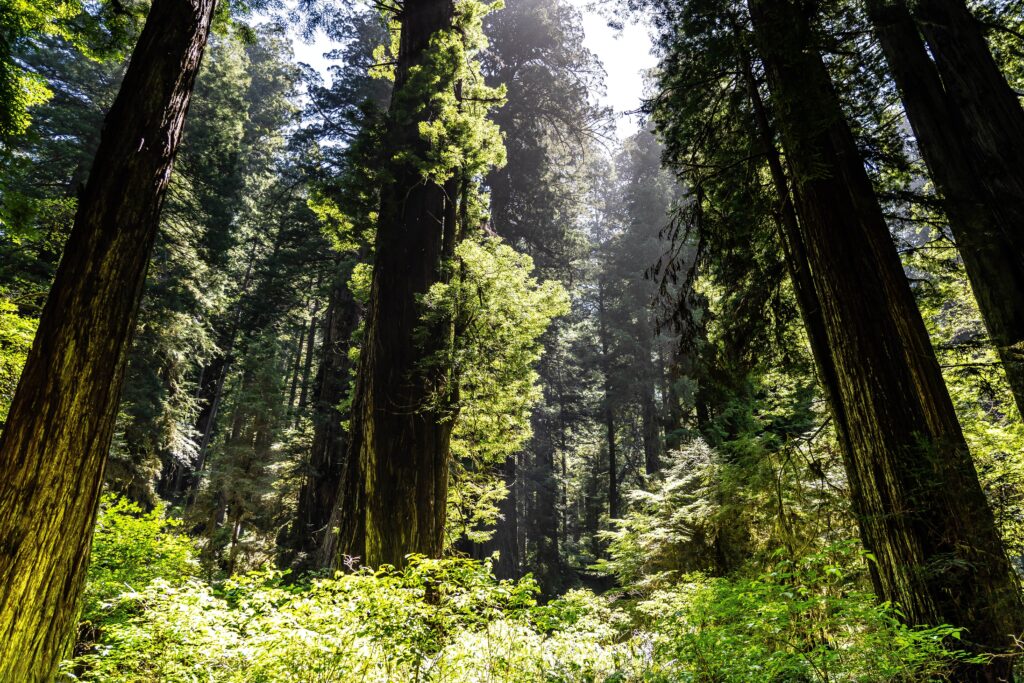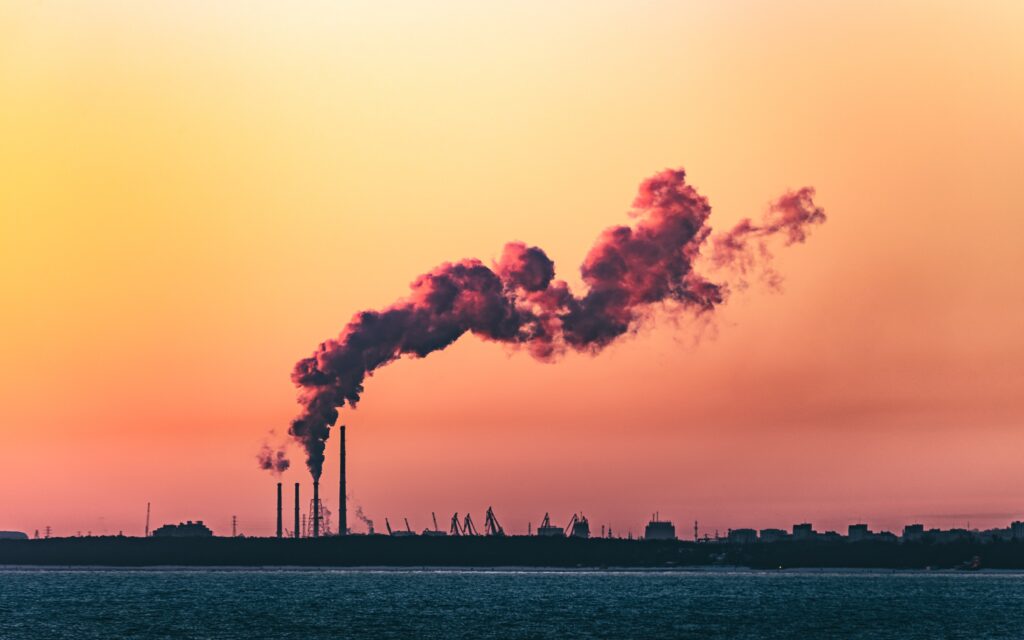Reforestation: As our ice caps melt, our heat waves increase, forest fires blaze, and exotic species disappear, climate change is reaching a point of no return. For decades, we have heard the same urgent messages about global warming and deforestation, but we only seem to be making minor strides in the right direction.
With climate conferences bringing a glimmer of hope here and there, the overall picture is bleak. Right now, the annual global average temperature is about 1° Celsius (1.9°F) hotter than pre-industrial levels, and in the 2018 IPCC report, it was stated that at the current rate, the world could cross 1.5˚C hotter as soon as 2030. 1.5˚C might not sound like a significant increase, but it is a difference between life and death for thousands of people. Further, it is undeniable that humans are causing climate change, mainly by fossil fuels, and rising temperatures correlate almost exactly with the release of greenhouse gasses.
Before the 18th century, when humans in the industrial west began to burn coal, oil, and gas, our atmosphere typically contained about 280 parts per million of carbon dioxide. Now, as the use of fossil fuels increases throughout the world, the amount of carbon in the atmosphere is skyrocketing — “we’re now well over 415 parts per million of CO2 in the atmosphere”. Those are the conditions “on which civilization developed and to which life on earth is adapted,” according to the physicist Johan T Hansen.
So what can we do, and how can technology help?
Well, two words, trees & technology. The planting of trees has proved hugely beneficial in the battle to tackle climate change. Trees absorb vast amounts of carbon dioxide. According to NASA Climate Change, They found Earth’s ecosystems could support another 900 million hectares (2.2 billion acres) of forests, 25 percent more forested area than we have now. By planting more than half a trillion trees, NASA says, we could capture about 205 gigatons of carbon (a gigaton is 1 billion metric tons), reducing atmospheric carbon by about 25 percent. That’s enough to negate about 20 years of human-produced carbon emissions at the current rate or about half of all carbon emitted by humans since 1960.

However, trees also provide many other benefits. Trees provide better oxygen, they provide shading for overheated areas, hence saving energy, and they can help clean and filter drinking water, especially with ‘forested watersheds,’ which provide quality drinking water to more than 180 million Americans. So, it is apparent that we need to use trees as a tactic to tackle climate change.
One organization called Ecosia decided to take matters into its own hands by using technology to help grow millions of trees worldwide. Ecosia is a search engine that uses its revenue to fund reforestation projects worldwide. As you search on Ecosia, there is an icon in the top left corner showing you exactly how many trees you have planted. This gives the user a natural feeling of fulfillment, knowing that simply by sitting on your computer, you are making a positive environmental impact!
Ecosia plants in over 35 countries and works with local organizations. By working with local organizations, Ecosia can help poorer communities by providing work, education, and accessibility to the internet. Some countries they operate with include Brazil, Burkina Faso, and Indonesia. In addition, Ecosia does not just plant anywhere; they use scientific data to identify which plant and tree species are best for which areas. Plastic monocultures (one type of plant) are dangerous because biodiversity is crucial for a healthy ecosystem. They identify specific hot spots where certain species would be most effective.

Reforestation: The number of trees Ecosia plants increases every second, with the current amount at 154 414 924 trees. It has over 20 million active users and over 70 active projects and transparently publishes its income monthly, currently at about 3.2 million Euros. You can track their progress by referring to their website tracker, and you can make a difference simply by installing Ecosia as your primary search engine.



